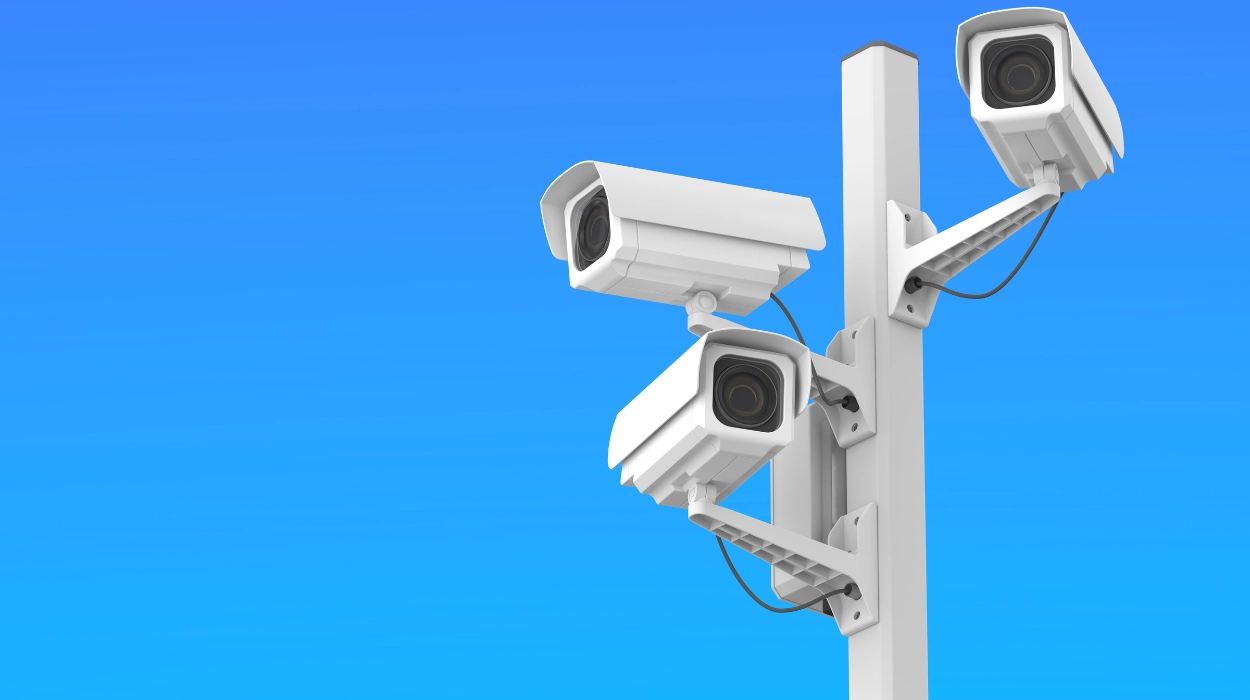Croydon (Parliament Politics Magazine) – Nearly 10,000 back Liberty’s petition urging stricter oversight on Live Facial Recognition as Croydon Council faces criticism over lack of public debate.
Although there is currently no legal precedent for the deployment of LFR cameras, the Met Police stated last month that it plans to place permanent cameras on North End and London Road, potentially scanning tens of thousands of people daily.
With the Met facing mounting financial strains and planning to fire thousands of frontline and back office employees, going all Robocop seems to be the answer to their predicament, with little regard for civil rights or legal norms (innocent until proven guilty, anyone?).
After being one of the most popular trial locations over the last two years, Croydon is the first location in Britain to have the LFR cameras permanently deployed.
Of all the people the police checked, just a very tiny portion were indeed wanted for crimes. The majority were merely shopping in Marks and Sparks for a little while.
“We urgently need safeguards to protect us from abuse of this powerful tech,”
states Liberty’s website.
The Met is hardly the only one. All of the nation’s police departments use facial recognition technology, which theoretically allows them to identify and follow any individual.
During tonight’s full council meeting at the Town Hall, members of the public asked concerns concerning LFR and demanded answers from Mayor Perry. However, their requests were denied.
According to Liberty, “trust in officers is at an all-time low after years of high-profile scandals involving violent, racist, and sexist police forces.” The government must prioritize implementing stringent measures to safeguard all of us since this technology is harmful.
Neither the present Labour government under “former human rights lawyer” Leir Starmer nor the previous Conservative government have ever introduced any legislation in Parliament that would offer the kind of protections the people may reasonably anticipate in a state other than a police state.
According to the Liberty petition, laws are necessary to at least guarantee:
- No one is placed on a police watchlist unless they are legitimately suspected of committing a severe crime, and facial recognition technology cannot be utilized without a judge’s independent approval.
- Whistleblowers, demonstrators, journalists, and anybody else in or near polling places are never identified using facial recognition technology.
- It is noteworthy that the Croydon LFR cameras are being put in defiance of a case law precedent that prohibits their usage.
The world’s first court challenge to police use of the technology was won in 2020 by Ed Bridges, a Liberty client.
A judge decided in the Bridges case that South Wales Police’s use of live face recognition breached equality, data protection, and privacy rights. The degree of discretion officers had in deciding where to utilize the technology contributed to this.
Legal wins, such as a historic Court of Appeal decision in 2020 that determined South Wales Police’s use of face recognition technology violated privacy, data protection, and equality laws, have supported the effort.
The court determined that the technology had not been adequately evaluated for prejudice or discriminatory impact, citing “fundamental deficiencies” in the legal framework.
The government must now formally address the concerns expressed on the usage of facial recognition technology in public areas after the petition surpassed 10,000 signatures.
However, Liberty claims that in spite of this court ruling, the police and government have continued to operate, “infecting every aspect of our lives with facial recognition that can be used to ID and track any one of us.”
It has been utilized at Formula 1, during rugby and football games, at music events, and even along the beach. “At protests, it has been employed as a means of intimidation.
Furthermore, it is impossible to predict how and when authorities would use retroactive facial recognition to identify innumerable individuals in whatever tape or picture they may have.
Pimeyes is a search engine that Metropolitan Police computers had used hundreds of times, according to Liberty Investigates and I News. Users can upload photos to Pimeyes and find out where an individual’s images are found online.
The Telegraph and Liberty Investigates also discovered that police departments have performed hundreds of face recognition searches on the passport database, which has 46 million people’s photos on it.
What are the main arguments in favor of banning facial recognition technology in Croydon?
Authorities and private organizations can follow people’s activities and affiliations without their agreement thanks to facial recognition technology, which permits widespread, indiscriminate public surveillance.
This seriously jeopardizes individual privacy and undermines the right to anonymity in public settings.
Errors are common with the technology, with women and persons of color experiencing especially high rates of misidentification.
According to studies, dark-skinned women had error rates as high as 34.7%, whereas light-skinned men had error rates of 0.8%. These errors have the potential to exacerbate already-existing social injustices by resulting in erroneous arrests and unfair targeting of minorities.
Being under continual surveillance can suppress dissent, inhibit free speech, and deter people from taking part in political or protest activities. Freedoms of speech, association, and assembly are among the democratic liberties that are threatened by this “chilling effect.”


